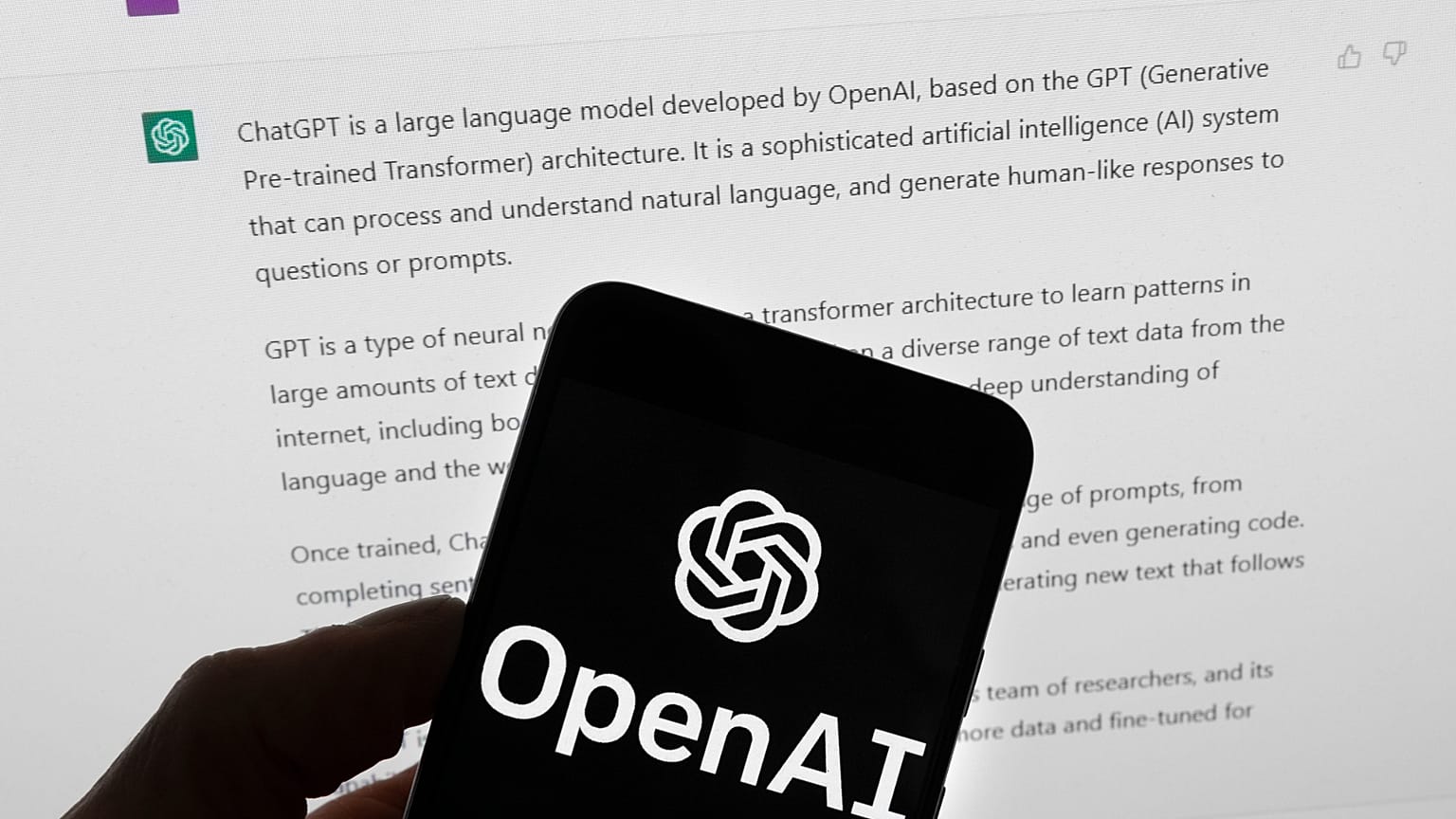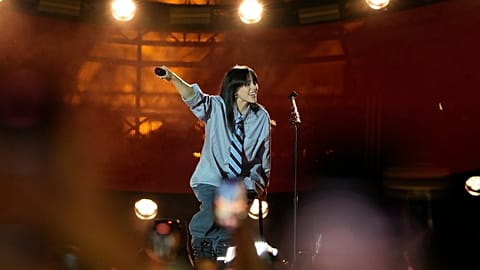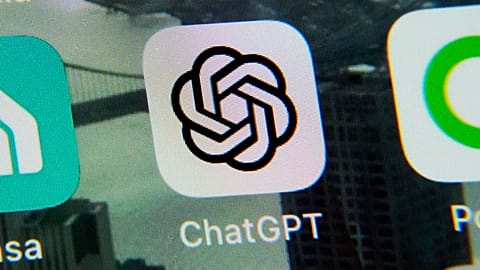There are already copyright lawsuits against AI companies
OpenAI is reportedly working on an artificial intelligence (AI) music tool.
A report from The Informationsaid that the company is working with The Juilliard School in the United States to come up with a tool that can generate music using text and audio prompts.
Students at the school are reportedly annotating musical scores so that OpenAI can create a database to train its eventual music tool.
A representative from Juilliard said to Euronews Next that the reports are not true. We reached out to OpenAI but did not receive an immediate reply.
This wouldn’t be the first time that OpenAI launched a music application. In 2019, a few years before the explosive launch of ChatGPT, the company launched MuseNet, a “neural network” that could create 4-minute compositions with 10 different instruments.
A sample released by the company showed that MuseNet was able to re-compose Wolfgang Mozart’s Rondo Alla Turca in Frederic Chopin’s style.
OpenAI followed MuseNet with Jukebox in 2020, a “neural net” that generated music and “rudimentary singing” in various genres of genre, artist and lyric data.
The announcement from OpenAI also comes at a time when other tech companies are launching their own music tools. Earlier this month, Spotify launcheda collaboration with major American music groups Sony, Universal, and Warner to develop “responsible AI products”.
Spotify already uses some AI to create custom playlists like the “daylist” and the AI DJ featurethat personalises a listening session by suggesting related songs to those a user has already listened to. The platform already hosts some AI-generated music.
AI start-ups Suno and ElevenLabs also have AI-generated music platforms and work with AI-generated music.
However, the music world has raised its copyright concerns.
European music industry groups, including the European Composer and Songwriter Alliance (ECSA) and the European Grouping of Societies of Authors and Composers (GESAC), previously told Euronews Next that the EU AI Act, passed in 2024, fails to protect creators whose works are used to train generative AI models.
Without a clear way to opt out or get paid when tech companies use their music, books, films, and other art to train their AI models, experts said their work is continually at risk.
Suno is facing alawsuitin the United States where the Recording Industry Association of America (RIAA) claims the company pirated songs from their clients off YouTube to train its generative AI models.
Universal Music Group is also pursuing a copyright lawsuit against AI company Anthropic.


















